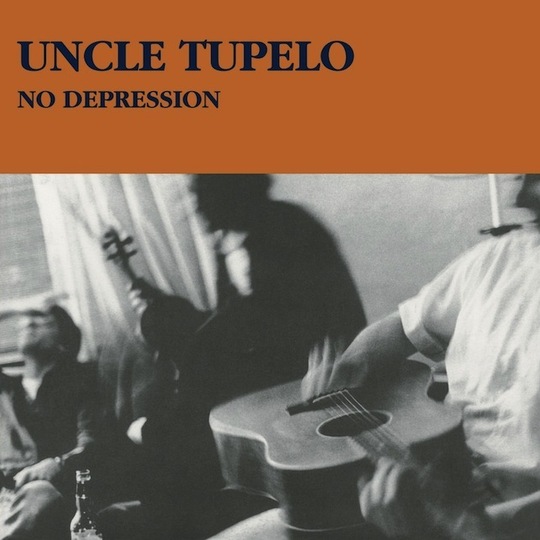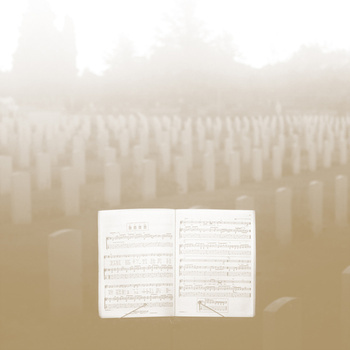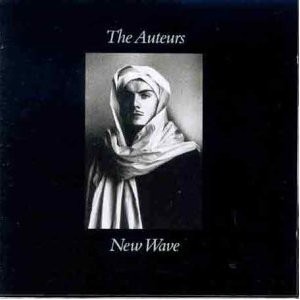This may just be me, but it seems easy to think of Uncle Tupelo as a 'new' band. Perhaps that’s a reflection of the aging process, perhaps not. Perhaps it’s due to the band’s ties to Wilco, primarily through Jeff Tweedy but later also through bass player John Stirratt and drummer Ken Coomer, who may have lately been labelled 'dad rock' (whatever that means) but whose greatest work is inextricably linked to the contemporary, the zeitgeist and the innovative, and moreover is a landmark album of the still-young twenty-first century.
The thing is, retrospective thinking suggests that I’m wrong, that in 2014 there is nothing new about Uncle Tupelo. They formed in the decade I was born and released their début record No Depression in June 1990. I was four when it came out and I sit here writing this on my twenty-eighth birthday. Hell, the band split up in 1994; to put that in context, most of this year’s university freshers were born two years after their disbandment. Furthermore, their music was inspired by the likes of Woody Guthrie and Hank Williams – innovators in their day, but that day had long since passed by the time the year that tottered between the eras of hair metal and grunge rolled around. No Depression is an album that’s 24 years old and, in theory at least, sounds a good 30 years older than that. No depression my arse.
So what does this, the second reissue of the album after 2003’s, er, thirteenth anniversary edition, tell us? Aside from the fact that the label Rockville has a slightly weird idea of when a reissue is due (surely it would make more sense for this deluxe package to come out next year?), it’s that the idea of Uncle Tupelo as a modern band isn’t quite so far-fetched as it may superficially seem.
Sure, Jay Farrar’s gruff twang may sound overwrought now, and the influence on his work with Son Volt that’s as tightly bound to the Nineties as any episode of Friends is clear. But as you would expect of an album that’s widely credited with giving birth to the alt-country movement, there is much that sounds ahead of its time. Most obvious is the punkish squall that comes at the end of ‘Factory Belt’. The guitars slide and squawk chaotically and it’s less Desperado-era Eagles and closer to a combination of My Bloody Valentine and Nels Cline. There’s also the drunken discordance of the likes of the title track and ‘Whiskey Bottle’, the rambling nature of this feels like a bridge between Tom Waits’ much-aped post-Rain Dogs sound and Wilco’s AM and Being There. Plus you have Jeff Tweedy’s vocals from before he quit smoking; while DiS by no means condones puffing away on two packs a day at the detriment of his health, I do feel a sense of sadness that his warm, whiskied voice was never really allowed to evolve in the smokehouse.
The 2003 reissue of No Depression was criticised as a cash-in by some, not least for being light on 'new' material. The same cannot be said this time around though, although the varying value of the extras means that this might be one of the proverbial purists. The 'odds and ends' packaged at the end of disc one feel like Jay Farrar’s discarded solo off-cuts, although disc two’s collection of demos is an intriguing listen; the ten tracks from the Not Forever, Just For Now tapes being what persuaded Rockville (then Giant) to sign them in the first place.
-
8Dan Lucas's Score






















